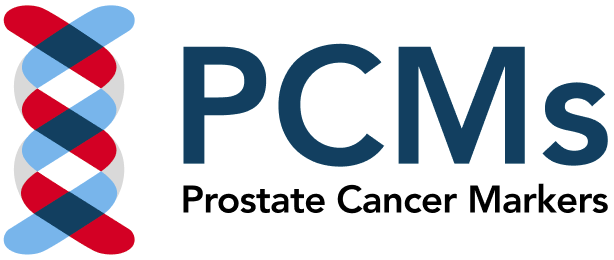Development and Validation of an 18-Gene Urine Test for High-Grade Prostate Cancer
New peer-reviewed research published in the Journal of the American Medical Association (JAMA) Oncology validates the efficacy of MyProstateScore 2.0 (MPS2). The findings signify a major advancement in the ability to make highly accurate, comprehensive and personalized predictions by raising the performance standard for urine biomarker tests intended to detect clinically significant prostate cancer.

Physician’s Weekly podcast – The PSA Test Controversy
In a lively discussion, E. David Crawford, MD (University of Colorado), explains the controversy around prostate-specific antigen (PSA) test screening. The National Cancer Institute describes the PSA controversy as follows: “Using the PSA test to screen men for prostate cancer is controversial because it is not yet known for certain whether this test actually saves […]

Valley News: Are we getting it wrong on prostate cancer screening?
James Heffernan, an emeritus professor of English at Dartmouth College, speaks of his experience with prostate cancer and makes a case for early detection through prostate cancer biomarkers.

Living Your Healthiest Life By Understanding Your Prostate Cancer Risk
Learn more about how routine PSA testing can be a critical part of living your healthiest life!
The PSA Test Controversy, Doctor Vs Insurer on Settlements
In a lively recorded discussion, E. David Crawford MD explains the controversy around prostate-specific antigen (PSA) test screening. Listen to the full conversation on this episode of the Physician’s Weekly podcast.

9News: Health officials urge people to get preventative screenings for prostate cancer
Dr. E. David Crawford, MD, on a featured story for CBS 9 News in Denver, Colorado regarding early PSA screening.
Prostate-specific antigen 1.5-4.0 ng/mL: a diagnostic challenge and danger zone
Both Caucasian and African American men with baseline PSA values between 1.5 and 4.0 ng/mL are at increased risk for future prostate cancer compared with those who have an initial PSA value below the 1.5 ng/mL threshold. Based on a growing body of literature and this analysis, it is recommended that a first PSA test threshold of 1.5 ng/mL and above, or somewhere between 1.5 and 4.0 ng/mL, represent the Early-Warning PSA Zone (EWP Zone).
96% Negative Predictive Value for High-grade Cancer
This study shows that, when compared to other risk factors, detection of DNA-methylation in histopathologically negative biopsies was the most significant and important predictor of high-grade cancer, resulting in a negative predictive value of 96%.
Pre-diagnosis urine exosomal RNA (ExoDx EPI score) is associated with post-prostatectomy pathology outcome
ExoDx Prostate IntelliScore (EPI) is a non-invasive urine exosome RNA-based test for risk assessment of high-grade prostate cancer. We evaluated the association of pre-biopsy test results with post-radical prostatectomy (RP) outcomes to understand the potential utility of EPI to inform invasive treatment vs active surveillance (AS) decisions.
Beyond PSA: The Role of Prostate Health Index (phi)
Literature data showed that phi had good diagnostic performance to identify clinically significant (cs) PCa, suggesting that it could be a useful tool for personalized treatment decision-making. In this review, phi potentialities, limitations, and comparisons with other blood- and urinary-based tests were explored.
